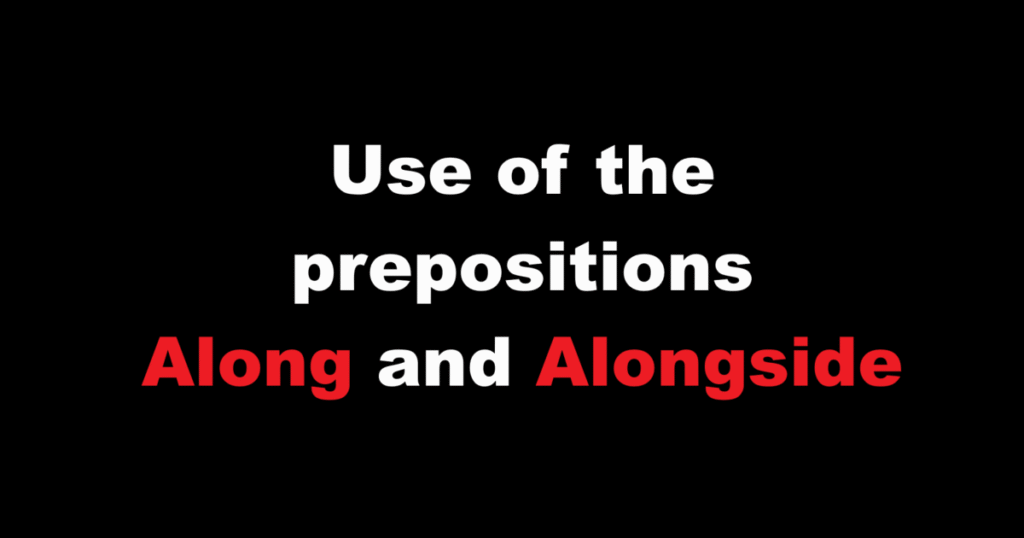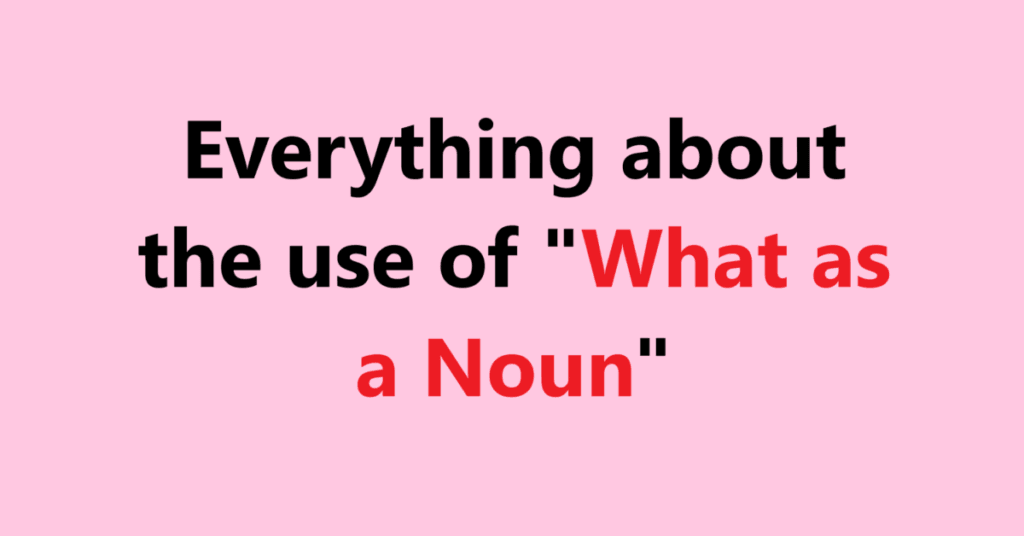Use of could
Understanding modal verbs is essential to mastering English. Among them, could is one of the most versatile and widely used. This post explores the many functions of could — from expressing ability and possibility to forming polite requests, hypothetical conditionals, and more. Examples, comparisons with related modals, common mistakes, and practical tips are included to help you use could accurately and confidently.
Contents
- Introduction: Why could matters
- Basic functions of could
- Ability in the past
- Past possibility and uncertainty
- Polite requests and offers
- Permission (more polite/indirect)
- Hypothetical situations and conditional sentences
- Suggestions and advice (tentative)
- Expressing wishes or regrets (with could have)
- Could vs. other modals: can, may, might, would
- Could in perfect & continuous forms
- Could have + past participle
- Could be + -ing and could have been + -ing
- Common mistakes and pitfalls
- Stylistic notes: register, tone, and pragmatics
- Practice examples and exercises
- Summary and usage checklist
1. Introduction: Why could matters
Could is a modal auxiliary verb used in many everyday and formal contexts. Its flexibility allows speakers to soften statements, indicate uncertainty, describe past capabilities, express hypothetical scenarios, and make polite requests. Because it carries shades of possibility, ability, and politeness, mastering could helps learners speak more nuanced, natural English.
2. Basic functions of could
Below are the primary uses of could, with explanations and examples.
2.1 Ability in the past
- Function: To describe someone’s general ability or skill in the past.
- Form: Subject + could + base verb
- Examples:
- When I was young, I could run five miles without stopping.
- She could speak French fluently when she lived in Paris.
Note: For specific past events, English often uses was/were able to instead of could to emphasize a single accomplishment: “I was able to finish the race” (specific event) vs. “I could swim well when I was a child” (general ability).
2.2 Past possibility and uncertainty
- Function: To indicate that something was possible in the past but not certain.
- Examples:
- He could have taken the earlier train, but I’m not sure.
- There could have been a miscommunication.
2.3 Polite requests and offers
- Function: To make requests or offers softer and more polite than can.
- Examples:
- Could you pass the salt, please?
- Could I borrow your pen for a moment?
Compared with can, could sounds more formal or courteous: “Can you help me?” (direct) vs. “Could you help me?” (politer).
2.4 Permission (more polite or indirect)
- Function: To ask or give permission politely.
- Examples:
- Could I leave early today? (requesting permission)
- You could go ahead without me if you like. (offering a polite suggestion/permission)
Note: Native speakers more often use may or can in some contexts for permission, but could is used for more tentative or polite phrasing.
2.5 Hypothetical situations and conditionals
- Function: To express hypothetical or unreal situations when paired with conditional contexts.
- Examples:
- If I had a million dollars, I could travel the world.
- She could be happier if she changed jobs.
In conditional sentences, could can indicate potential result in an unreal or imagined scenario.
2.6 Suggestions and tentative advice
- Function: To propose ideas without imposing them — less forceful than should or must.
- Examples:
- You could try rebooting your computer.
- We could start earlier to avoid traffic.
2.7 Expressing wishes or regrets (with could have)
- Function: To express disappointment, regret, or an unfulfilled potential in the past.
- Examples:
- I could have done better on the test if I’d studied more.
- They could have arrived earlier, but they were delayed.
This use often communicates that something desirable was possible but didn’t happen.
3. Could vs. other modals: can, may, might, would
Understanding contrasts helps choose the right modal.
- Could vs. can:
- Can typically expresses present ability or informal permission; could is past ability or more polite/uncertain present possibility.
- Present ability: “I can swim.” Past ability: “I could swim when I was a child.”
- Politeness: “Can you help?” (casual) vs. “Could you help?” (politer)
- Could vs. may:
- May often indicates permission or formal possibility: “May I leave?” vs. “Could I leave?”
- May can express moderate probability: “It may rain.”
- Could expresses possibility with a slightly wider range of uncertainty: “It could rain” (less certain than may for some speakers).
- Could vs. might:
- Both express possibility. Many speakers treat them similarly in present/future contexts.
- Some nuance: might often conveys lower probability or stronger tentativeness than could, but the difference is subtle and context-dependent.
- Example: “She could be at home” (possible). “She might be at home” (maybe slightly less certain).
- Could vs. would:
- Would is typically used for conditional outcomes, habitual past behaviors, and polite offers (“Would you like some coffee?”).
- Could focuses on ability/possibility more than willingness.
- Example: “If you asked her, she would help” (willingness/result). “If you asked her, she could help” (ability/possibility).
4. Could in perfect & continuous forms
4.1 Could have + past participle
- Function: To talk about past possibilities, missed opportunities, or hypothetical alternatives in the past.
- Examples:
- You could have told me the truth. (It was possible; I expected it.)
- He could have been a great musician if he had practiced.
Interpretations: Context determines whether this expresses reproach, regret, or simple speculation.
4.2 Could be + -ing and could have been + -ing
- Could be + -ing:
- Suggests present ongoing possibility.
- Example: “She could be working late now.”
- Could have been + -ing:
- Suggests a past ongoing possibility that might have been occurring.
- Example: “She could have been working late when you called.”
These forms are useful for emphasizing ongoing actions rather than single events.
5. Common mistakes and pitfalls
- Using could for a specific past success where was able to is more natural:
- Incorrect-ish: “I could open the jar yesterday.” (sounds odd)
- Better: “I was able to open the jar yesterday.”
- Overusing could for permission in formal writing:
- Prefer may for formal permission: “May I be excused?”
- Confusing could have (possibility/ability in the past) with could of:
- Incorrect: “I could of gone.”
- Correct: “I could have gone.”
(Note: “could’ve” is the contraction of “could have”, not “could of”.)
- Mixing could and might incorrectly in probability judgments:
- Although often interchangeable, consider subtle differences in tone and likelihood; consult context and the speaker’s intended certainty.
- Using could in conditionals where would better expresses willingness:
- “If I had more time, I would help.” (willingness)
- “If I had more time, I could help.” (ability, but maybe not willingness)
6. Stylistic notes: register, tone, and pragmatics
- Politeness: Could is a polite, less direct option for requests and offers. It reduces face-threat compared to direct imperatives.
- Tentativeness: Writers and speakers use could to hedge claims, making statements less categorical.
- Formality: Could works across registers — from casual conversation (“Could you pass that?”) to formal writing where hypothetical nuance is required.
- Pragmatics: Using could can imply distance or uncertainty; listeners may interpret it as less confident or more considerate depending on context.
7. Practice examples and exercises
Try these quick exercises. Decide which sentence is more natural or correct, and why.
- a) I could finish the report last night.
b) I was able to finish the report last night.- Answer: (b) is preferred because it refers to a specific past achievement.
- a) Could you help me move this table?
b) Can you help me move this table?- Answer: Both are correct. (a) is politer; (b) is more direct/informal.
- Choose the better completion: “If I had known, I _____ come to the party.”
- Options: (i) could have, (ii) would have
- Answer: (ii) would have expresses the expected outcome (I would have come). (i) could have suggests ability/possibility but is less typical here.
- Rewrite politely: “Give me the report.”
- Polite version: “Could you give me the report, please?”
- Interpret: “He could be the best candidate.”
- Meaning: It’s possible he is the best candidate; the speaker isn’t certain.
8. Summary and usage checklist
- Use could for:
- General past ability: “I could swim when I was five.”
- Polite requests/offers: “Could you open the window?”
- Tentative suggestions: “You could try a different approach.”
- Hypothetical present/future: “If I knew, I could tell you.”
- Past possibility or missed opportunities (could have): “She could have won.”
- Prefer was/were able to for specific past achievements.
- Choose might or may when you need slightly different shades of likelihood; compare meaning in context.
- Avoid writing could of; use could have or could’ve.
Final tips
- Listen to native speakers and note contexts where could appears: requests, suggestions, hypotheses.
- When in doubt about politeness, could is often a safe, courteous choice.
- Practice forming sentences across time frames: present, past, perfect, and continuous variations help internalize patterns.
Mastering could opens up subtleties of meaning and tone in English. With practice, you’ll fine-tune whether you want to signal ability, possibility, politeness, or hypothesis — all with this single, powerful modal verb.
Read Also,


